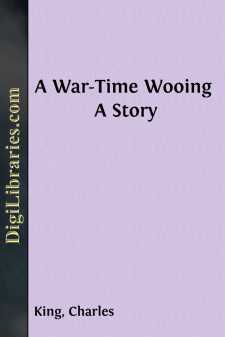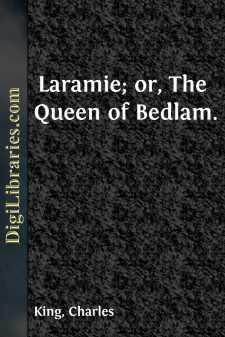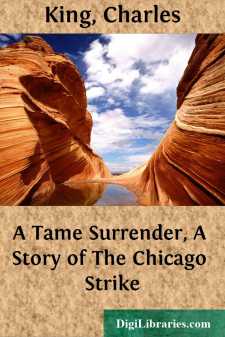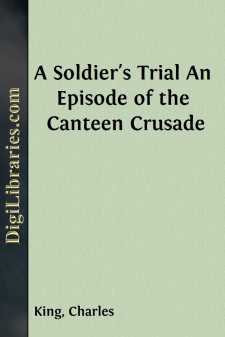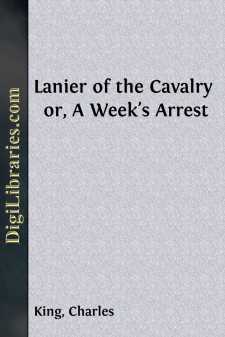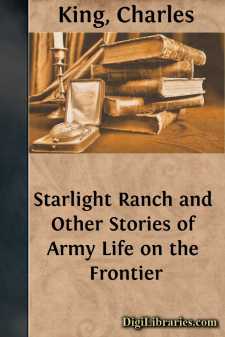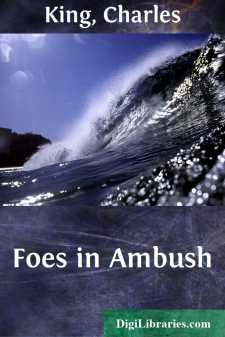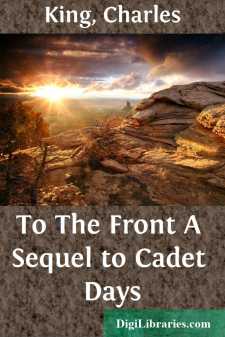Categories
- Antiques & Collectibles 13
- Architecture 36
- Art 48
- Bibles 22
- Biography & Autobiography 815
- Body, Mind & Spirit 144
- Business & Economics 28
- Children's Books 18
- Children's Fiction 14
- Computers 4
- Cooking 94
- Crafts & Hobbies 4
- Drama 346
- Education 58
- Family & Relationships 59
- Fiction 11829
- Games 19
- Gardening 17
- Health & Fitness 34
- History 1378
- House & Home 1
- Humor 147
- Juvenile Fiction 1873
- Juvenile Nonfiction 202
- Language Arts & Disciplines 89
- Law 16
- Literary Collections 686
- Literary Criticism 179
- Mathematics 13
- Medical 41
- Music 40
- Nature 179
- Non-Classifiable 1768
- Performing Arts 7
- Periodicals 1453
- Philosophy 65
- Photography 2
- Poetry 896
- Political Science 203
- Psychology 44
- Reference 154
- Religion 515
- Science 126
- Self-Help 85
- Social Science 82
- Sports & Recreation 34
- Study Aids 3
- Technology & Engineering 59
- Transportation 23
- Travel 463
- True Crime 29
Our website is made possible by displaying online advertisements to our visitors.
Please consider supporting us by disabling your ad blocker.
A War-Time Wooing A Story
by: Charles King
Categories:
Description:
Excerpt
I.
After months of disaster there had come authentic news of victory. All Union-loving men drew a long breath of relief when it was certain that Lee had given up the field and fallen back across the Potomac. The newsboys, yelling through the crowded streets in town, and the evening trains arriving from the neighboring city were besieged by eager buyers of the "extras," giving lists of the killed and wounded. Just at sunset of this late September day a tall young girl, in deep mourning, stood at a suburban station clinging to the arm of a sad, stern-featured old man. People eyed them with respect and sympathy, not unmixed with rural curiosity, for Doctor Warren was known and honored by one and all. A few months agone his only son had been brought home, shot to death at the head of his regiment, and was laid in his soldier grave in their shaded churchyard. It was a bitter trial, but the old man bore up sturdily. He was an eager patriot; he had no other son to send to the front and was himself too old to serve; it had pleased God to demand his first-born in sacrifice upon his country's altar, and though it crushed his heart it could not kill his loyalty and devotion. His whole soul seemed with the army in Virginia; he had nothing but scorn for those who lagged at home, nothing but enthusiastic faith in every man who sought the battle-front, and so it happened that he almost welcomed the indications that told him his daughter's heart was going fast—given in return for that of a soldier lover.
For a moment it had dazed him. She was still so young—so much a child in his fond eyes—still his sweet-faced, sunny-haired baby Bess. He could hardly realize she was eighteen even when with blushing cheeks she came to show him the photograph of a manly, gallant-looking young soldier in the uniform of a lieutenant of infantry. Strange as the story may seem to-day, there was at the time nothing very surprising about its most salient feature—she and her hero had never met.
With other girls she had joined a "Soldiers' Aid Society;" had wrought with devoted though misguided diligence in the manufacture of "Havelocks" that were bearers of much sentiment but no especial benefit to the recipients at the front; and like many of her companions she had slipped her name and address into one of these soon-discarded cap covers. As luck would have it, their package of "Havelocks," "housewives," needle-cases, mittens (with trigger finger duly provided for), ear-muffs, wristlets, knitted socks, and such things, worn by the "boys" their first winter in Virginia, but discarded for the regulation outfit thereafter, fell to the lot of the—th Massachusetts Infantry, and a courteous letter from the adjutant told of its distribution. Bessie Warren was secretary of the society, and the secretary was instructed to write to the adjutant and say how gratified they were to find their efforts so kindly appreciated. More than one of the girls wished that she were secretary just then, and all of them hoped the adjutant would answer. He did, and sent, moreover, a photographic group of several officers taken at regimental headquarters. Each figure was numbered, and on the back was an explanation setting forth the names of the officers, the item which each had received as his share, and, where it was known, the name of the fair manufacturer. The really useful items, it would seem, had been handed to the enlisted men, and the officers had reserved for themselves only such articles as experience had proved to be of no practical value. The six in the picture had all chosen "Havelocks," and opposite the name of Bessie Warren was that of Second Lieutenant Paul Revere Abbot. Reference to the "group" again developed the fact that Mr....


